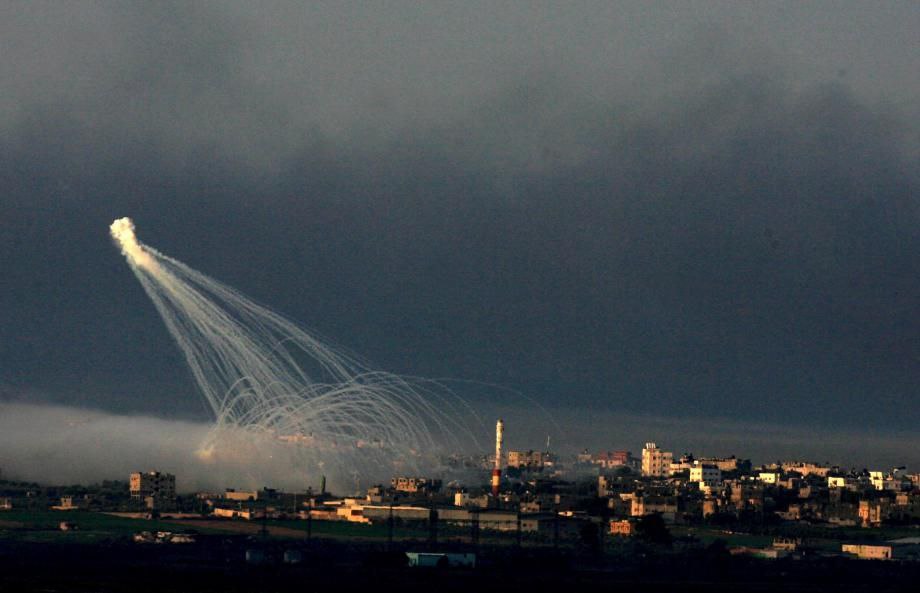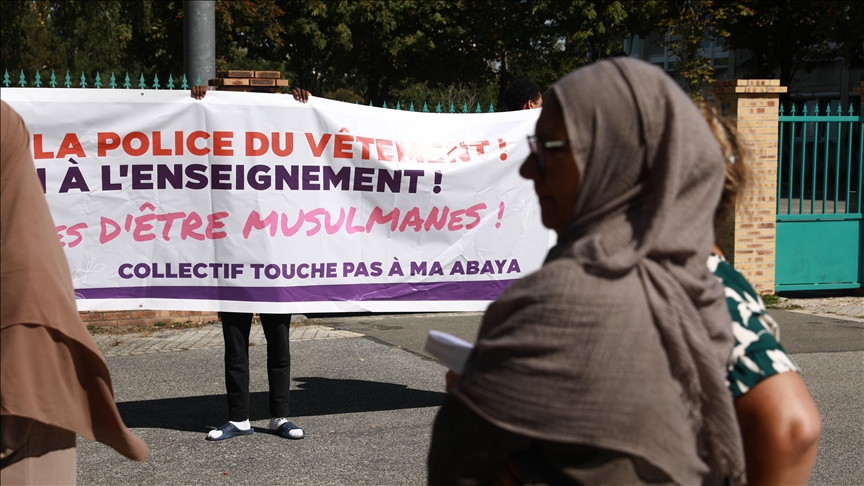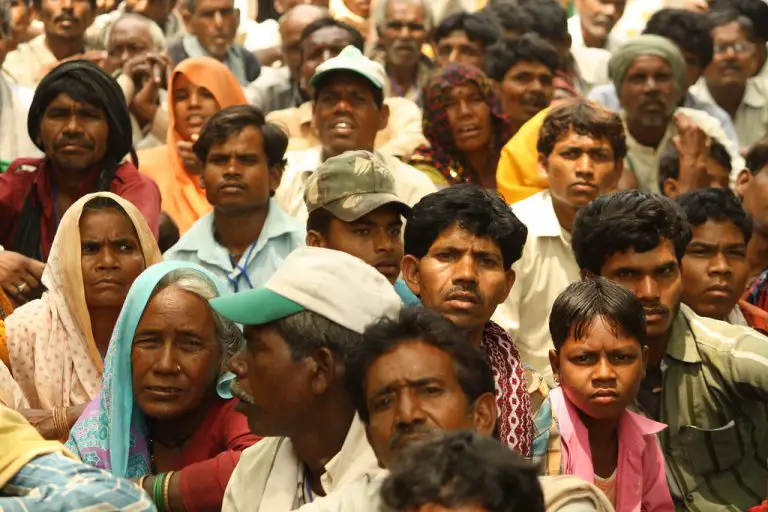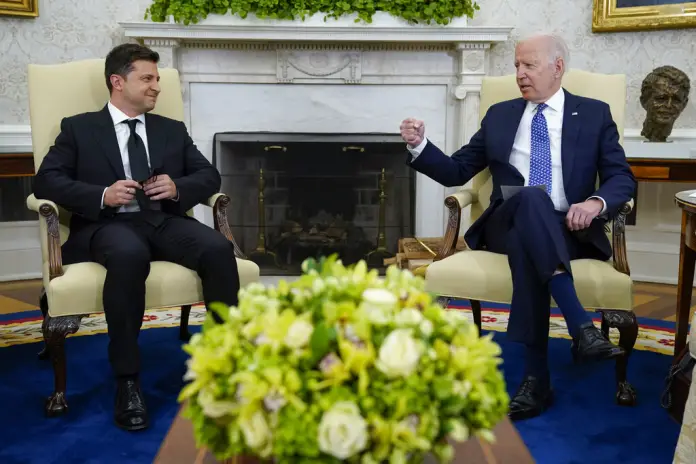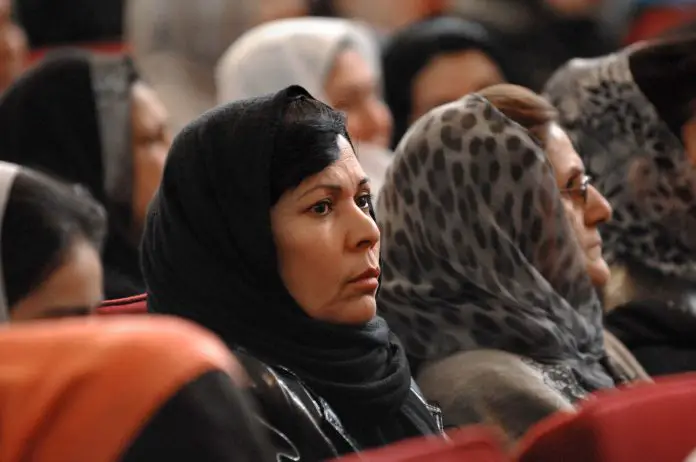Major Disturbance After a South Korean Data Center Crashes
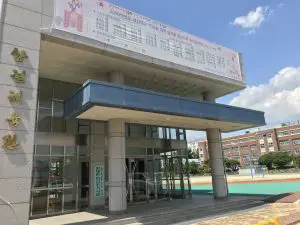
KakaoTalk, an instant messaging app, was pummelled after a major data centre went under an outage. The app, among the most popular in Korea, is home to 53 million monthly users (as of August 2022). Additionally, the app was reported to have been utilized by 93% of South Korean smartphone users.
The Kakao team, announced on October 15th, of inconveniences in Kakao services, including KakaoTalk, due to a fire in the data centre.
Kakao Corporation managed to retain 40% of its data centre services 11 hours after the occurrence. Servers hosted at an SK C&C data centre in Pangyo, south of Seoul, caught fire on Saturday, creating outages for major platforms such as Kakao and Naver from 3:30 p.m. Saturday until 2 a.m. Sunday local time.
“We sincerely apologize for the difficulty caused by this catastrophe,” said Hong Eun-taek, co-chief executive of Kakao, in a statement. “We are now doing our best to restore the service.” He went on to say that the corporation was attempting to avoid similar situations in the future and that it was developing a “compensation structure” for individuals harmed.
Because of the vast number of people who use the app and the length of the outage, this appears to be a considerably larger problem than a typical disruption on media such as WhatsApp or Instagram. The crash, which affects the vast majority of the country, has caused severe disruptions for people who make payments, have social links with other users, and so on.
South Korea’s President’s Spokeswoman, Kim Eun-hye, stated that the outage “not only harms people’s livelihoods, but also presents fatal challenges to national security in the event of an emergency.” Recovery from such challenges, according to Kim, is “a business responsibility and a societal commitment.”
The impact of Kakao’s outage, according to South Korean President Yoon Suk-yeol, is “no different from the national communication network.” He urged relevant ministries to determine the precise reason and scope of the disruptions and devise steps to avoid future crises. “If there is a monopoly or a monopolistic situation where it manipulates the market,” Yoon said Monday, “we need to take systemic countermeasures from a nationwide level for the people’s interest.”
According to President Yoon’s Deputy Spokesperson, the National Security Council has decided to organize a cyber security task force comprised of military officials and the national intelligence agency to battle the Kakao crisis.


 English
English 


